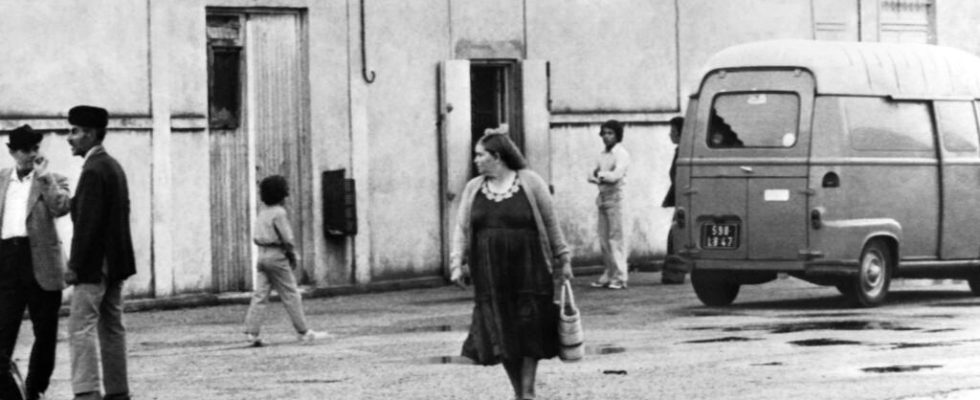The European Court of Human Rights (ECHR) condemned France this Thursday April 4 for the living conditions “ not compatible with respect for human dignity » harkis in the camps where they were received upon their arrival from Algeria in the 1960s and 1970s.
3 mins
The five applicants are French nationals born between 1957 and 1969, children of harkis, auxiliaries of Algerian origin who fought alongside the French army during the Algerian war (1954-1962). Four of them, from the Tamazount family, arrived in France at the time of Algeria’s independence in 1962 or were born in France in the following years. They lived in reception camps, mainly that of Bias, in Lot-et-Garonne, until 1975.
They filed various appeals concerning their living conditions, pointing to their confinement, the opening of their mail by the camp administration, the reallocation of their social benefits to camp expenses and their schooling in a school internal to the structure, in outside the mainstream education system.
The Court, responsible for ensuring compliance with the European Convention on Human Rights, “ notes that the daily living conditions of the residents of the Bias camp, of which the applicants were a part, were not compatible with respect for human dignity and were also accompanied by attacks on individual freedoms “. It notes that the French administrative courts have already held that liability for State fault was engaged. France thus paid the applicants 15,000 euros in compensation for material and moral damage.
The ECHR, which sits in Strasbourg, also notes that, following these repairs, “ the law of February 23, 2022 recognized the “responsibility of the Nation” in the unworthy reception and living conditions of the harkis and their families as well as the attacks on their individual freedoms “.
Read alsoHarki, pied-noir, Franco-Algerian: heartbreaking memories of the Evian Accords
More than 19,500 euros to the four applicants
However, the ECHR, although “ aware of the difficulty of quantifying the damages suffered by the applicants “, ” considers that the amounts awarded by the domestic courts in this case do not constitute adequate and sufficient compensation to redress the violations found “. Regarding inhuman and degrading treatment, “ the sums awarded to the applicants are modest compared to what the Court generally awards in cases relating to undignified conditions of detention “. “ She concludes that these sums did not cover the damages linked to the other violations of the Convention. », Considers the European Court.
“ It follows that, in these circumstances, and despite the important memorial work accomplished and the solemn recognitions pronounced by the highest French executive authorities, the national authorities, in setting the amount of compensation paid to the applicants, did not sufficiently taken into account the specificity of their living conditions in the Bias camp to remedy the violations of the Convention noted, and therefore, that the payment of this compensation did not deprive them of their status as victims in this regard », further notes the Court.
It thus orders France to pay more than 19,500 euros to the four applicants who are members of the Tamazount family, in proportion to their time spent in the Bias camp. On the other hand, the ECHR considered in this case that the French courts had not violated the right of access to a court. The fifth applicant, whose father had been executed in 1957 by the Algerian National Liberation Front, and who had joined France in 1980, did not win his case.
Also listen“Refugees and detainees from the Algerian war”: the view of Fatima Besnaci-Lancou
